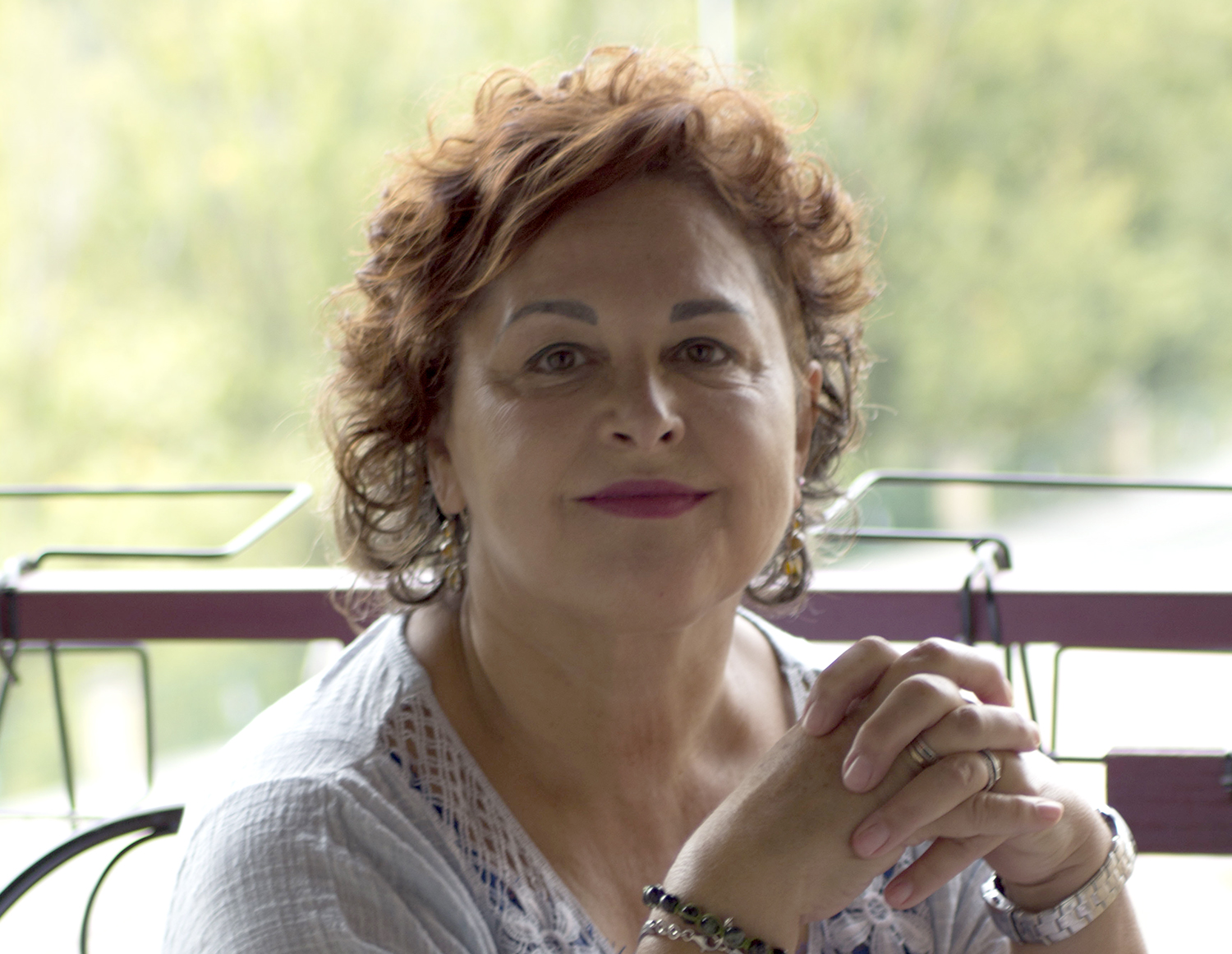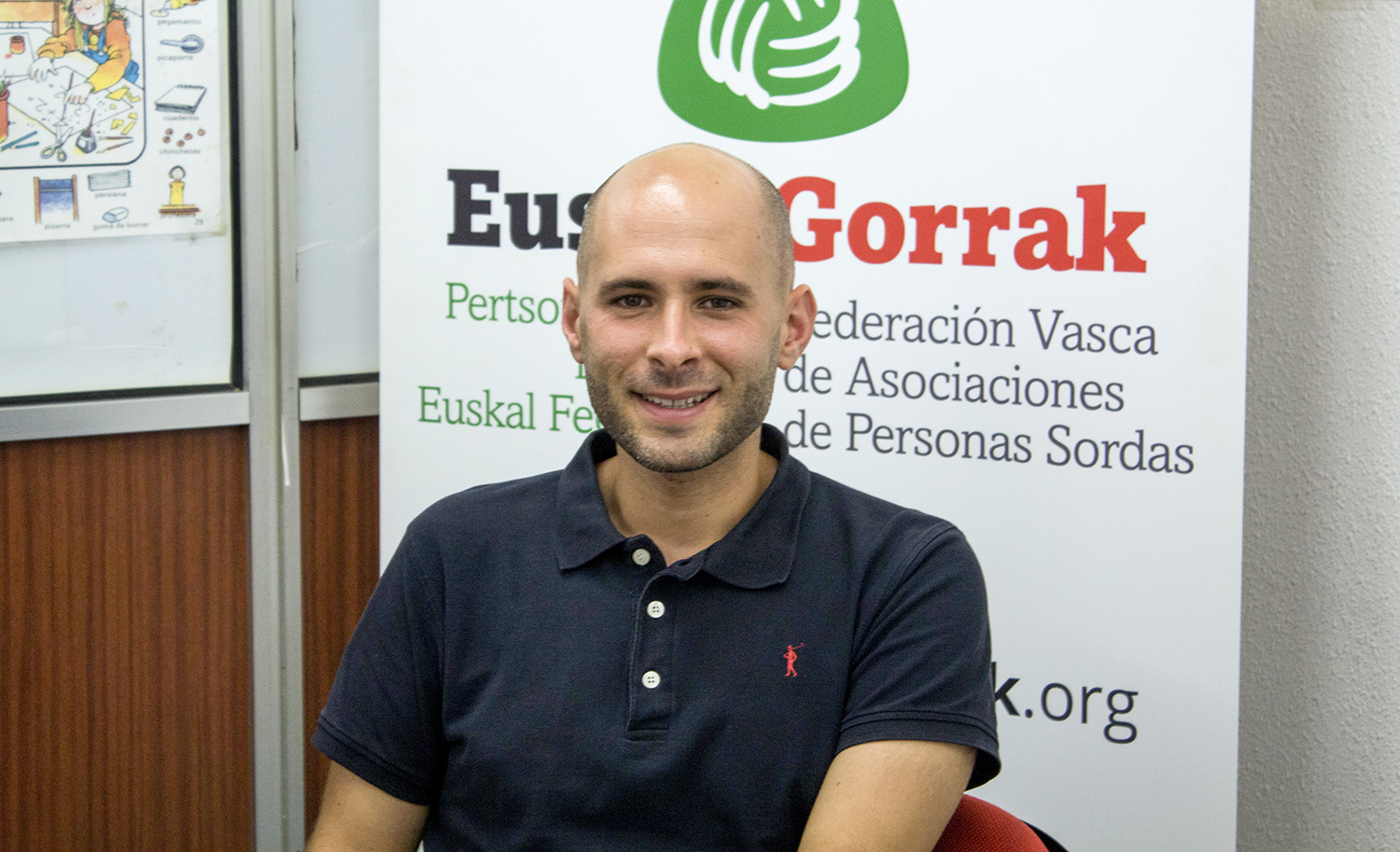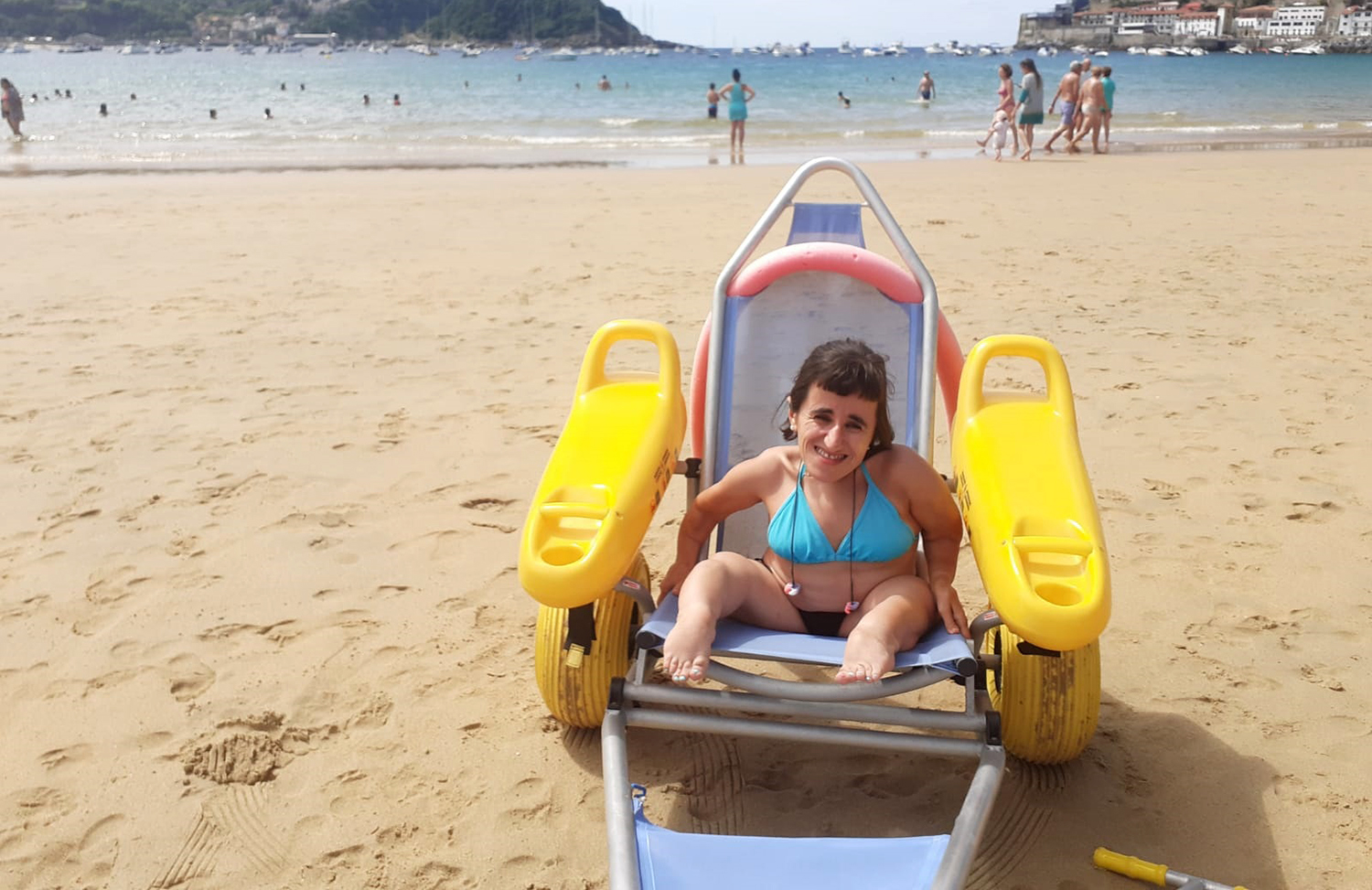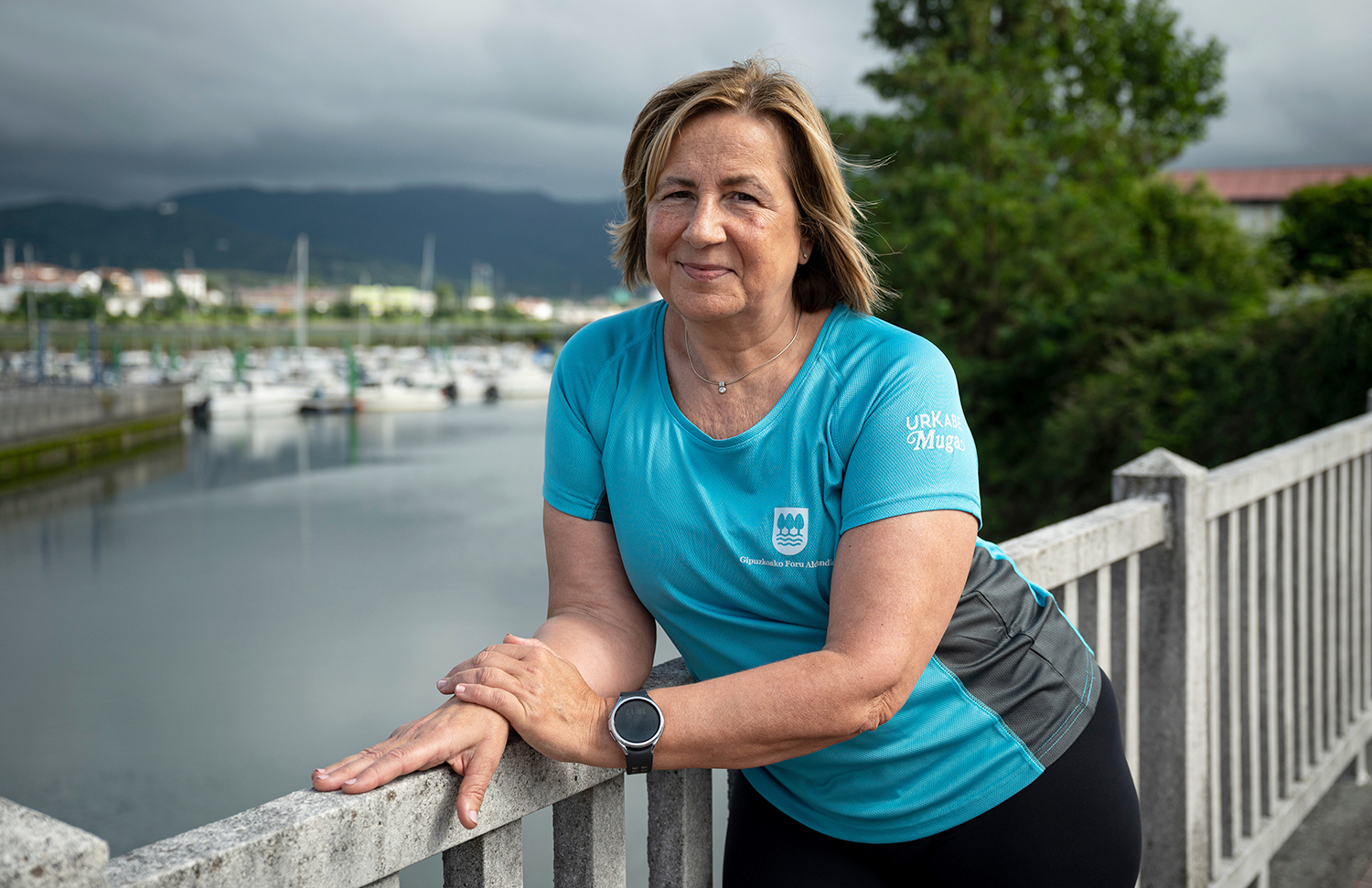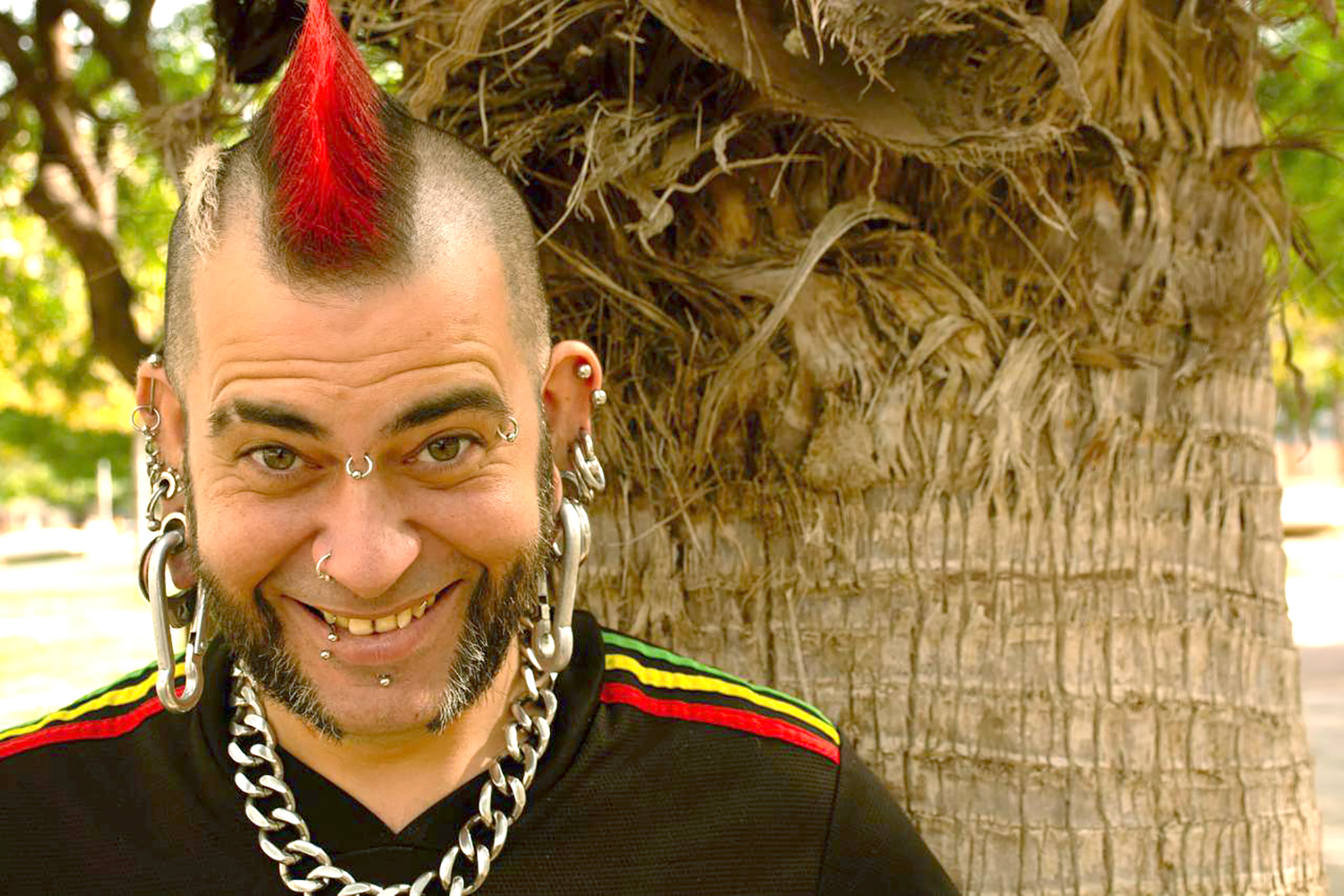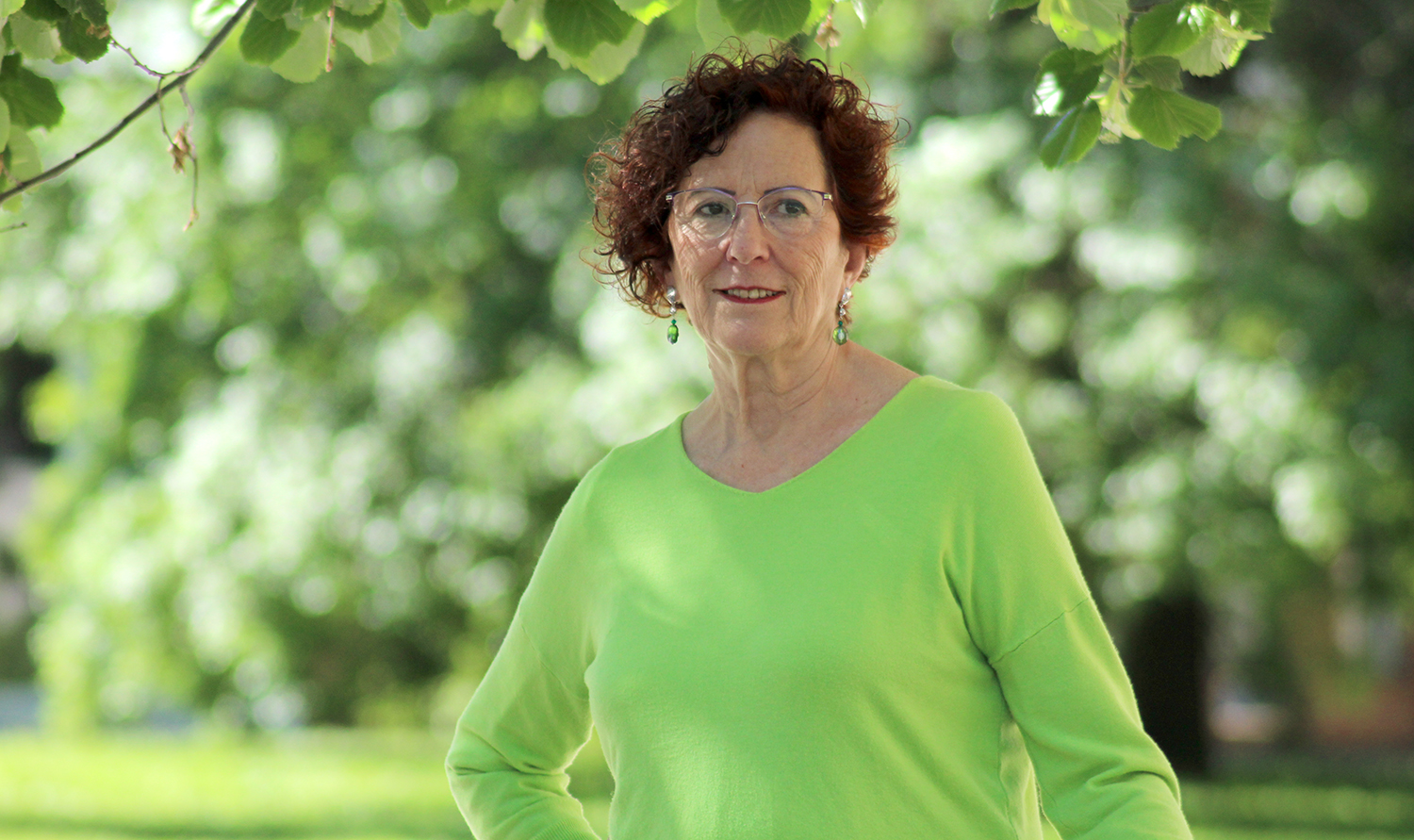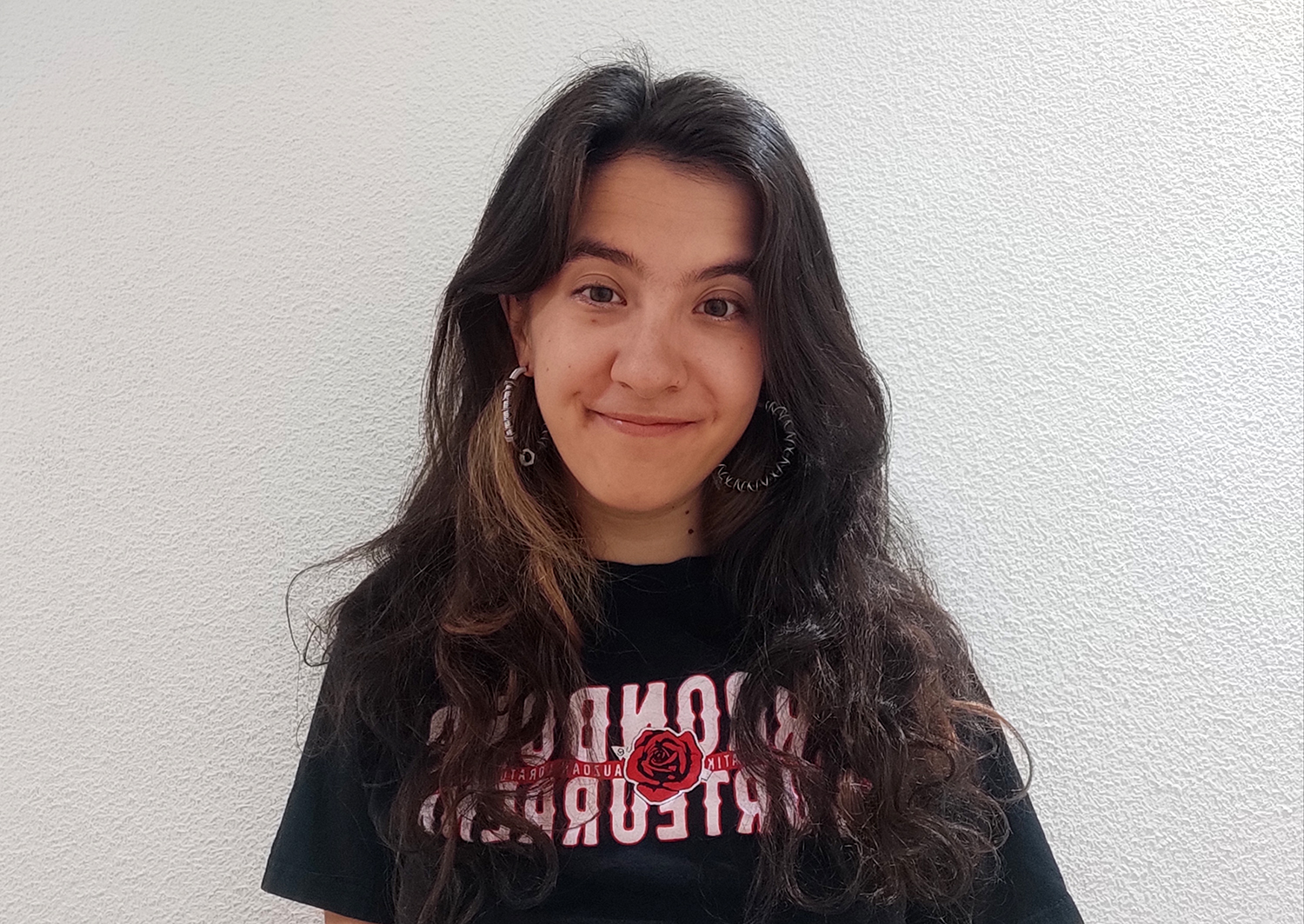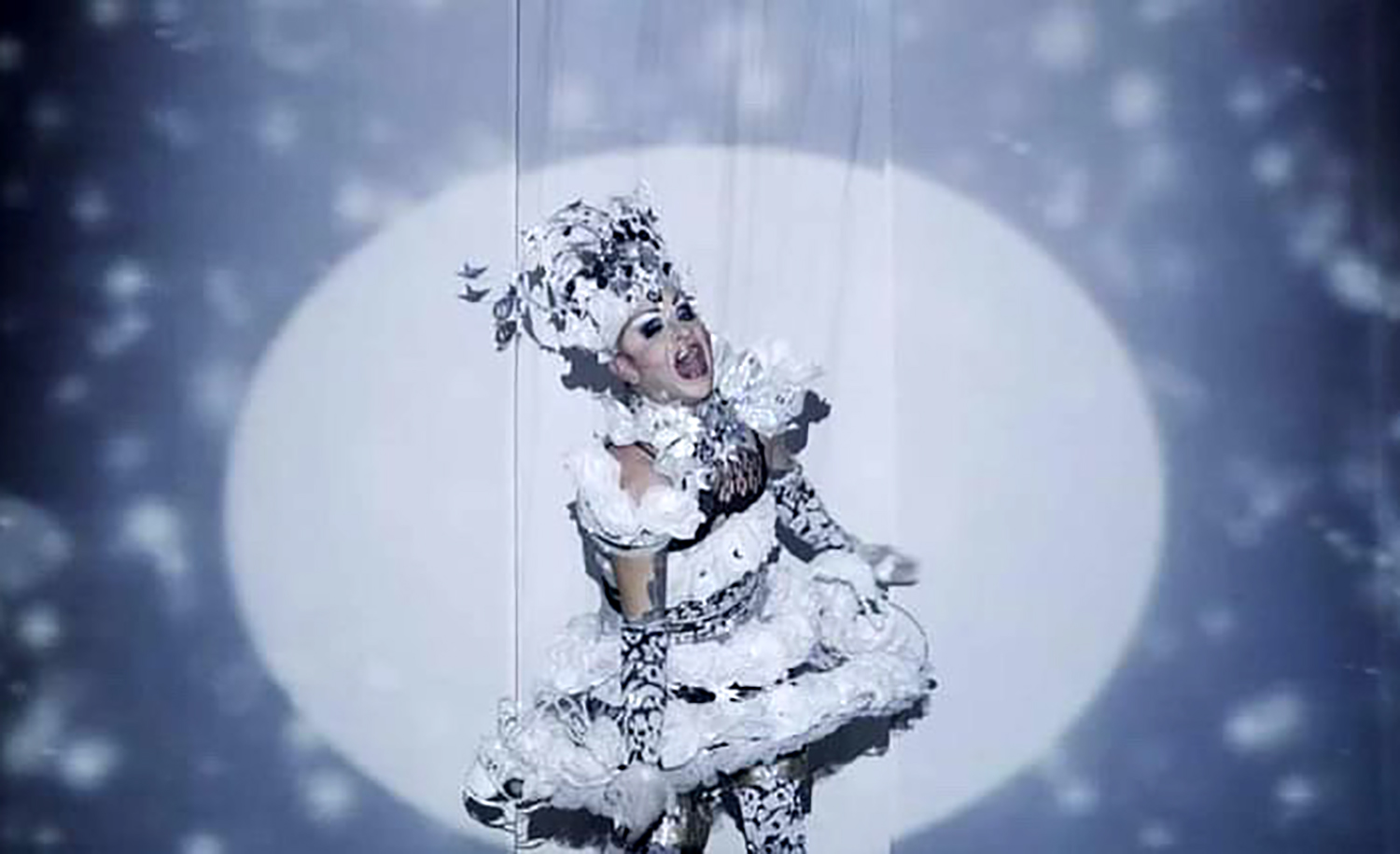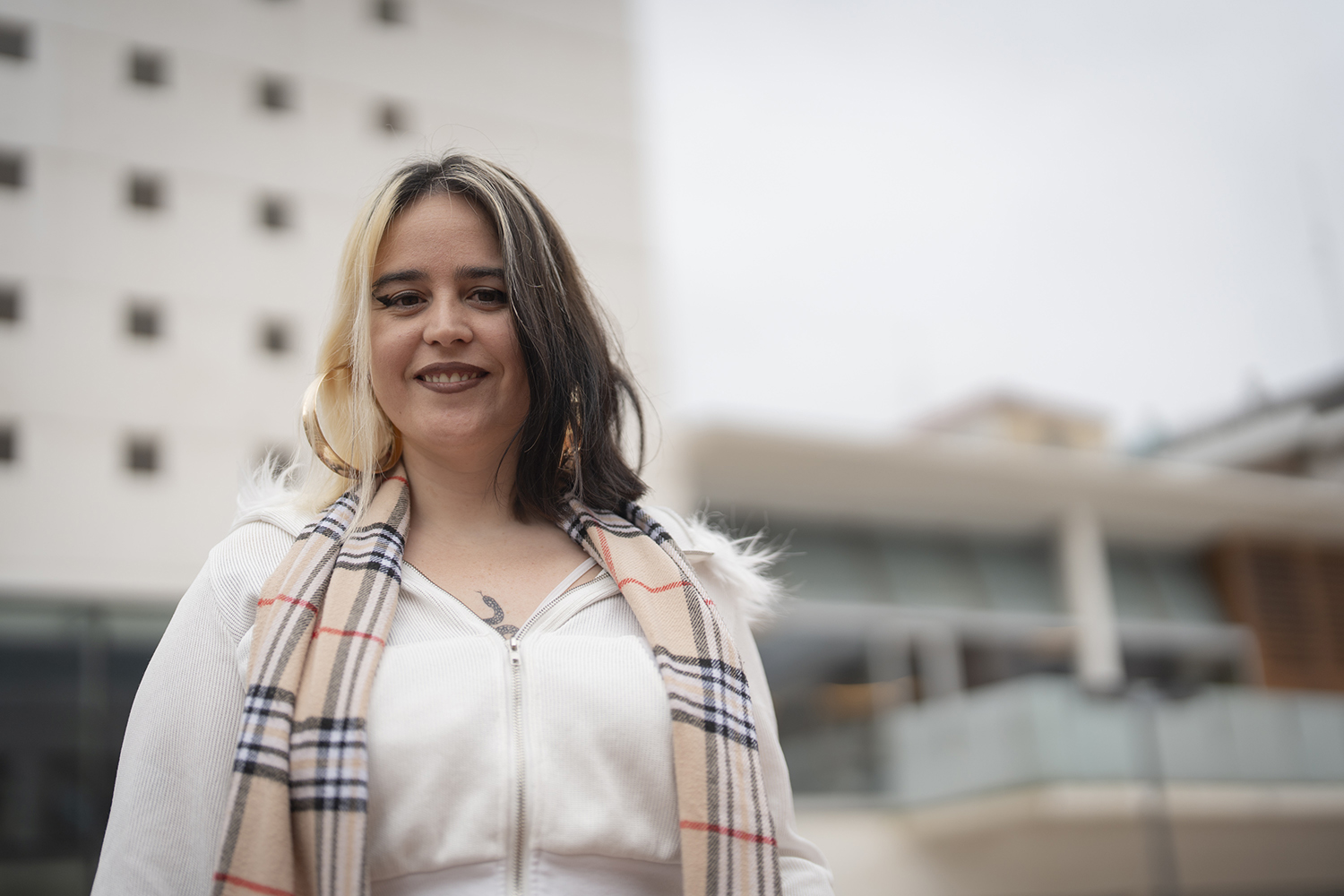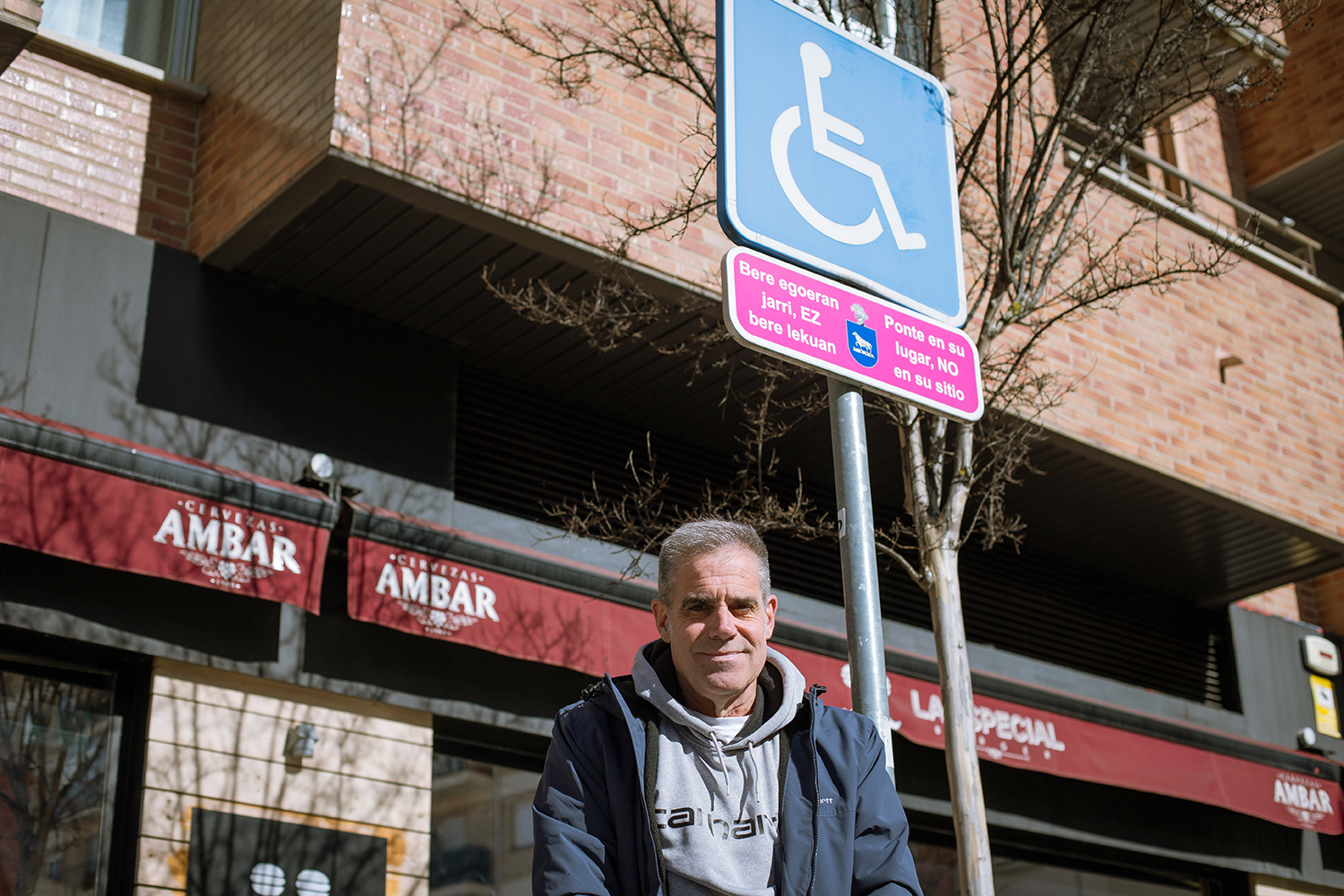"It's a gender issue: the health system excludes us and attacks us, we're invisible."
- He is a very energetic person and while his body allows him, Espe Ciriza Asenna, member of the Navarra Association of Endometriosis (Pamplona, 1981), tries to enjoy the “maximum”. She has endometriosis, which causes “tremendous” chronic pain. He has had four surgeries and takes many anesthetics, but the pain does not calm. It emphasizes the need to investigate pain caused by menstruation and to put forces in prevention.
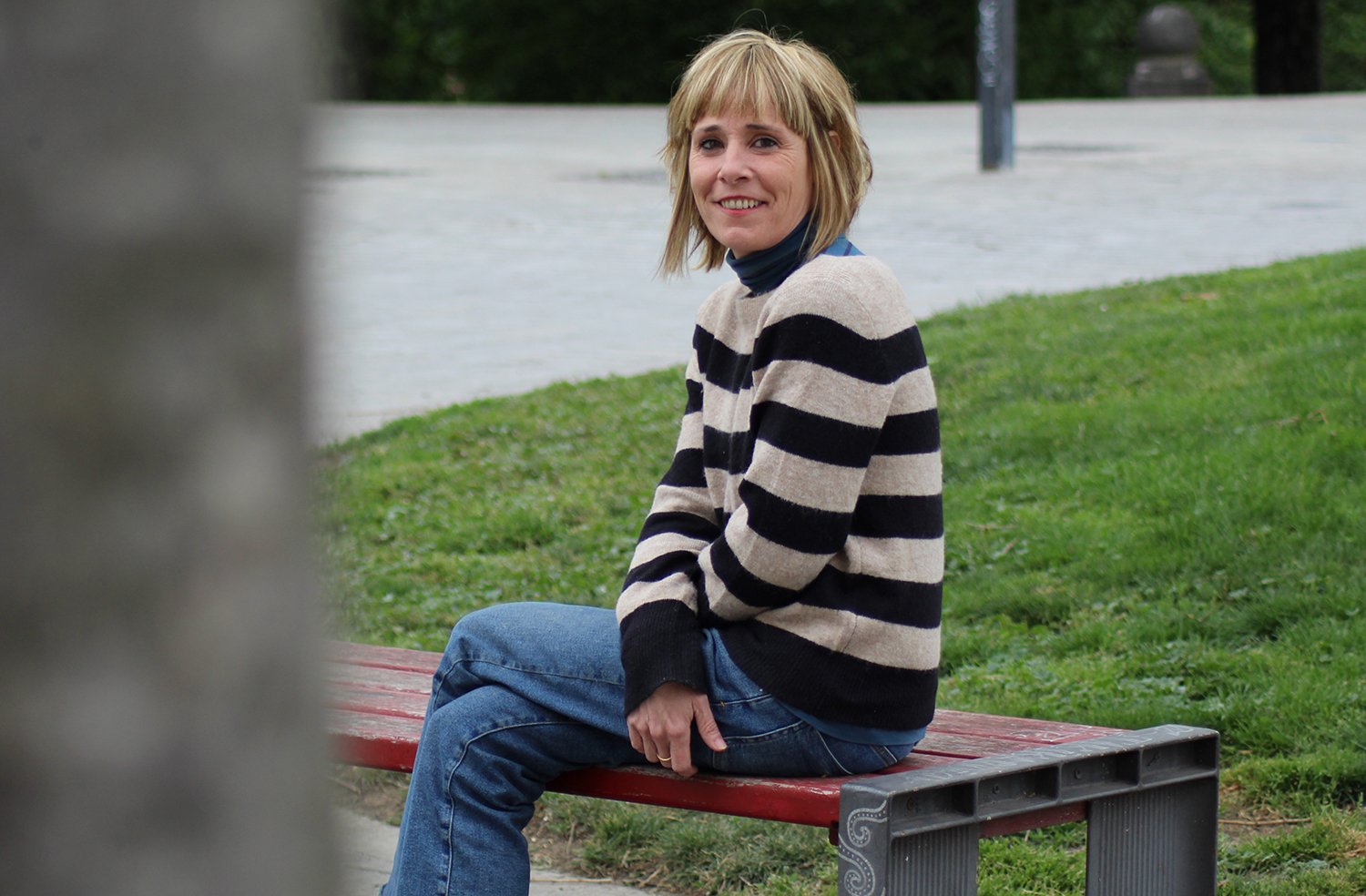
At 12-13 years old Ciriza begins to feel pain and body fatigue. His mother asked him to take a bath and when he got out of the water he saw blood: it was menstrual. "I didn't understand anything, I asked my mother what it was. I felt illusion and pain," he says. Since then, despite having tried many techniques, drugs and interventions, he feels “terrible” pain. At 28 years old she was diagnosed with endometriosis. Endometriosis is a chronic disease that occurs when the endometrium is produced outside the uterus and is not removed with the rule: "I've spent months with the rule."
In addition to pain, bleeding "a lot" and anemia are some of the symptoms: "When I was little I took the qualities and spikes from three to four. In addition, every half hour I had to leave the room to change the compress. Many times I had blood coming down from my legs and had to cover it with the dog. In the 1990s menstruation was very embarrassed.” Little was said about the rule: “Nothing at school, and only at home had modern parents.” Besides the pain, I often had a fever: "I've come to have a fever of 41.5."
Many years have passed without knowing the cause of medical pain. He went to the public or private health system, but nobody knew what it was: "I was sent to a psychiatrist, saying I was inventing pain, I felt very lonely." He has denounced that there is still no research on the rule: "It is a matter of gender: the health system excludes us, attacks us and we are invisible". There are no medications or interventions to cure the disease, but if detected in time you can avoid going to more. For this reason, he stressed the importance of influencing prevention: "It is very difficult to go to the gynecologist, doctors are very resistant to not going".
"I was sent to a psychiatrist saying I was inventing pain, I felt so lonely."
Endless pain
When I was 28 years old, in some sanfermines, when I was playing, I jumped on a friend and the right leg got stuck. He went to the hospital and was told he was going to have an operation because he had appendicitis: "His uncle is a doctor and he told them to be seen by a gynecologist. He had an endometrium of eight centimeters -- cyst. A very cold doctor came and told me he had endometriosis and he couldn't be children." However, Ciriza has had two sons: "I've been very lucky. It was very hard for me, that doctor took a dream from me." After fertility techniques she managed to get pregnant: "I was very afraid, among other risks, because I had a high risk of abortion."
Surgery was performed two months after diagnosis. Since then he has had four operations. In the latter, a radical hysterectomy, that is, the removal of the uterus, cervix, ovaries, uterine tubes and adjacent tissues. Traditional medicine, the magnet, yoga, the pain management workshop, has tried everything, but it still feels pain. He also goes to the Pain Treatment Unit of the Hospital of Navarra and takes numerous medications: "I am receiving lidocaine sessions and for the moment I have not noticed the change. In addition, I take a lot of pills: two antidepressants and one lorazepam in the morning, one lorazepam and one morphine at noon, and two antidepressants and two diazepam in the evening. But I wake up in pain at night." If lidocaine doesn't work, they'll give you ketamine: "How do I end? ".
Immersed in invisibility
When it's not externally detected, endometriosis is also called invisible disease: "Seven organs have been taken from me, but nobody sees it." It feels excluded: "I've always felt pain that people closest to my life don't understand." According to doctors, it's good to go out in the street, walk and socialize, but it's not easy: "I try it because I'm very justly. Many times I have a chair next to me and I feel when I get tired. In the end, they tell you that you're boring and that you're bothering the environment."
Pain also affects work and has been down for two years. He has achieved a disability of 60%, but he says that the work disability is “very difficult”: “The doctors said, “What do you want, retire at 42?” but I don’t want that. I want to get rid of the pain and have an active life." He has denounced that this leads to precariousness: "I am out and I charge little money, the food bank helps me."
In addition, she emphasizes that "makes motherhood difficult". It is separated and remains with the children every two weeks. "You have to go back and forth and even if you feel painful, you have to keep up with the children, or at least I want to keep going. It's very hard," he said excited. When she's with children, she tries to spend as much time as possible: "I feel angry because I know what it's like to be a sick mother. Fortunately, my partner understands me and helps me." Empathy, eyes and hugs are very important: "I want children to be happy and good people, and know that even if my mother is sick, I'll always be close."
A PART OF THE BODY?
"The head and the heart are very important. I used to like the uterus a lot, because it's like a flower, it represents life. But because they took me off without preparing, I've gone from loving to hating. I feel it as if I've been taken away from femininity. They don't prepare us for it."












